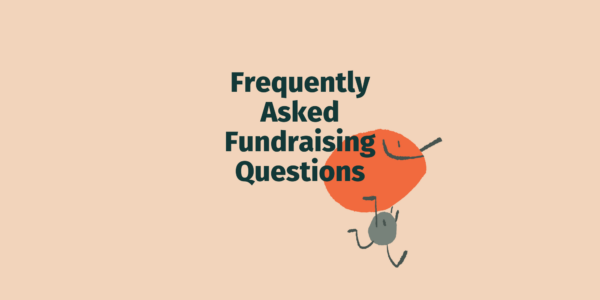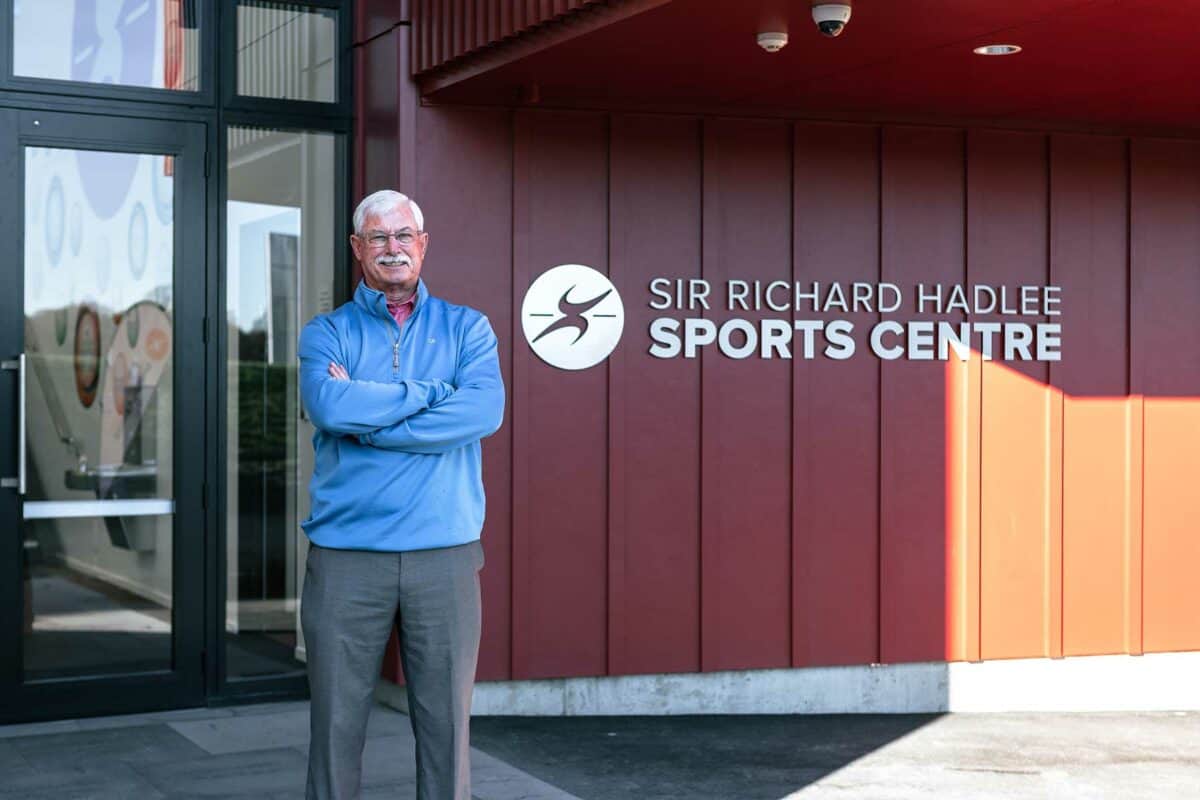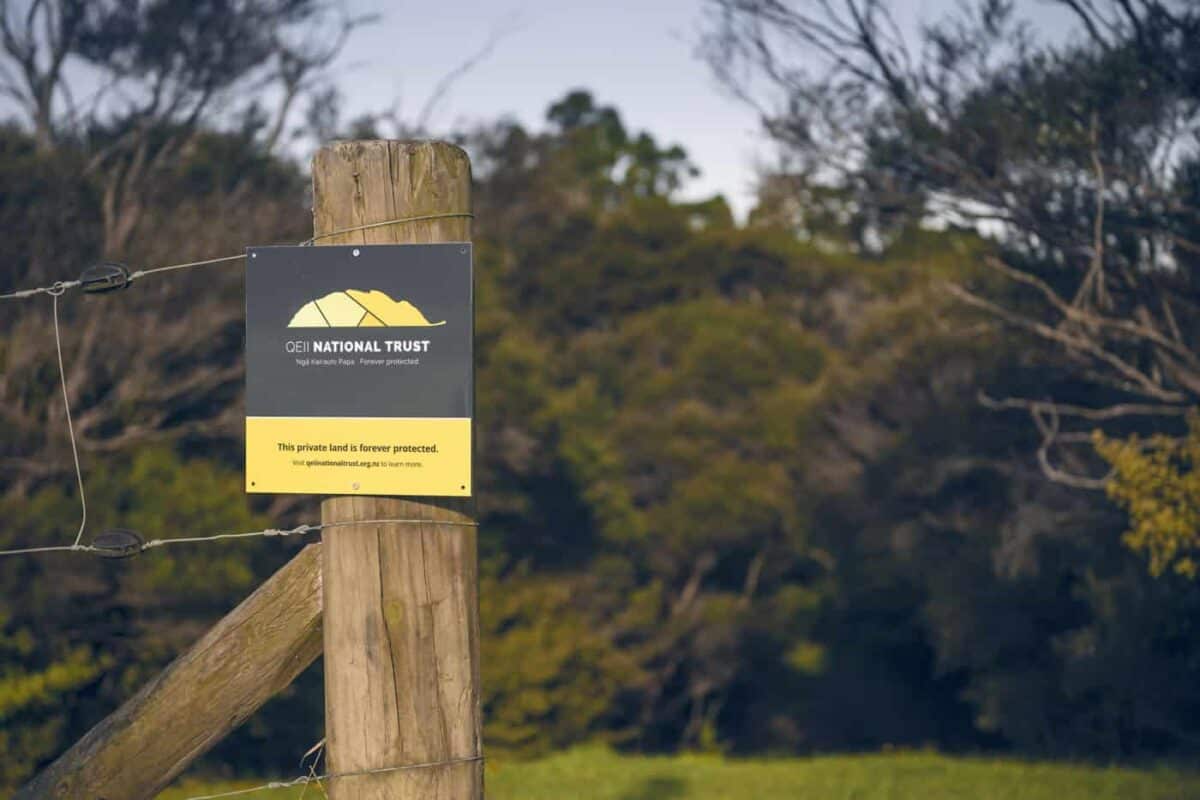We understand that fundraising can come with many questions, and we’re here to help! We’ve compiled answers to some of the most frequently asked questions to make the process easier for you. Whether you’re curious about our methods, looking for tips on maximising your impact, or wondering how to get involved, we’ve got you covered.
“We’re working with our Board to develop a major donor programme – why don’t we just use the NBR Rich List to prospect from?”

A question we hear again and again! It is generally brought to the table by Board members in the early stages of developing a major donor programme, and while it might seem like a good idea, it’s really not!
The majority of people who give significant donations ($50k+) to your charity will not be on that Rich List. These important major donors are mostly known to your organisation already – if they’re not, then they’re waiting to be engaged by you! They share a close link to your vision and cause, and have a deep interest in the work you do. The work we must do as fundraisers is to cultivate these people towards giving, by bringing them closer to the organisation in a way that suits them. We have to know their preferred communication style, and deliver information that they’re interested in understanding. This cultivation should not be electronic, and you shouldn’t be asking them for a donation!
If you’ve adequately qualified your potential major donors, it’s critical they’re engaged with on their terms, and by the right person – this might not necessarily be the fundraiser.
Many major donor supporters are found through good data mining – one of the many reasons having solid fundraising databases and policies (and adhering to them!) are critical. Other major donors will be found by doing lots of research into the area your not-for-profit works in, and finding those who have made large contributions to similar organisations.
We also recommend looking at the past, learning about families, volunteers, or even Board members who have a long standing involvement – they may be prospects themselves, or be able to suggest names.
The same people in New Zealand can end up targeted by charities constantly once their financial status is publicly known. If they have no interest in or connection to that organisation, the interaction can be embarrassing for both parties, which can be damaging to the donors overall experience with and view on fundraising.
The Rich List really only comes into play when someone you’ve already identified happens to be on the list already. You might use the details from the List to broaden your knowledge about that person, and their family. We recommend continuing to utilise internal data, and cultivating your warm and exisiting prospects, and those prospects who have an alignment to your cause.
“Which fundraising events provide the greatest value?”

Fundraising, as we all know, is about people. From time to time, our strategy recommendations include leveraging connection between people by hosting events. Often, those outside of the not-for-profit sector assume that events for charities are money-generating events – think bake sales, sausage sizzles, gala dinners. However, while events can come in all shapes and sizes, the ones that we recommend and value most highly as consultants are those that prioritise connection, and that generate feedback to help our clients achieve success in their fundraising endeavours – they’re not just events, they’re cultivation tools.
Focus Groups: sessions with your organisations and small group of people in your current audience or networks, who fit the demographic of thinking of leaving a gift in their will. The session is to gather feedback on your organisation’s bequest programme, and to understand the attendees’ perspective on the programme messaging, the language, and the acknowledgements. The feedback will be put into action to develop your bequest programme.
Think Tanks: sessions with your organisation and a small group of highly rated potential supporters, where you lead a guided discussion to understand the attendees’ perspective on your messaging, drafted or developed collateral, recognition opportunities, and general perception of your organisation in the community, to inform all of the above going forward.
One-on-one personal meetings with potential supporters
Small unique dinner parties hosted in the home of a passionate supporter
Celebratory events that acknowledge pivotal moments in the charity’s life
Our client work has seen us organise and attend several of these types of events. In mid-2023, as part of a planned giving strategy, we worked collaboratively with an organisation to begin preparation for a Focus Group and Think Tank session. Organising either of the events takes a minimum six to eight weeks of planning. On top of the basics – like sorting the venue, dates, catering, and all resources – organisation includes extensive research to inform the invite list, drafting of run sheets, and development of prospect-focused event content itself, all to be reviewed and signed off by the client.
The Focus Group session was held to discuss the perception of organisation in the community, to gather feedback on an early draft of a case for support booklet, the organisation’s fundraising priorities, and to discuss ideas around gifts in wills.
Those attending the Think Tank were also invited to discuss the perception of the organisation, and the draft of a case for support booklet, and were also asked their opinions on the drafted fundraising targets and timelines, as well as stewardship and acknowledgement methods.
The attendees of both events had varying degrees of involvement with the organisation, including past Board members, past donors, new donors, and those with significant governance experience across other Canterbury organisations.
The discussions had at the session were incredibly varied and informative, offering feedback and different points of view. When in the thick of establishing priorities and collateral, don’t underestimate how important it is to take a step back, and to see a project with fresh and differing eyes.
The sessions highlighted the importance of diligent research, of taking the time to plan properly, and of ensuring that the right people are in the room for any given kind of engagement.
From the feedback from those attendees, we were able to work with the client to hone collateral and messaging, which was essential to effectively deliver strategic recommendations, and for the client to be able to begin making their fundraising asks. Had research not been completed, or had the invite list been comprised of those without the right connection to the organisation, or to the not-for-profit sphere, we would have run the risk of not getting the right feedback, suggestions, and opinions.
The most important activity following the sessions, however, was making sure that the time was taken to thank the attendees of the Focus Group and Think Tanks, and to let them know how their feedback was appreciated, and how it was going to be incorporated into the strategy implementation. Receiving the feedback, and amending it to support the client’s vision, mission, and messaging, was a large part of the event launch preparation, and again highlighted the importance of having done initial, diligent research, and doing it right.
Focus Groups and Think Tanks are perfect to host in the months leading up to other cultivation events, including meeting with attendees one-on-one, hosting small unique dinner parties, or celebratory nights, as they expand on the good, diligent research already done, and provide strong foundations for relationships.
Our client, Cholmondeley Children’s Foundation, recently hosted a successful launch event to celebrate the upcoming centenary of Cholmondeley Children’s Centre. The night of the launch of event was a huge success. Read all about it, and see the outcome of months of research, and listening to and implementing feedback here.
If you would like to discuss the use of events in your fundraising plans, we would love to talk. Please get in touch today to arrange a free consultation.
“Do we pay you a commission or percentage for the amount you help us raise?”

The origin of this question is easy to understand, as, many moons ago, it was common practice for contractors (or in some cases, employees of the not-for-profits) to earn commission based on funds raised, especially in regards to “selling in” sponsorship or partnership programmes to corporates.
As corporate partnerships and sponsorships fell outside the traditional philanthropic fundraising pyramid, and are instead generally funded via the marketing budget, and required leverage this remuneration model was accepted.
Over time, this trend started to slowly leak into other streams of funding, appearing in major gift fundraising, and even making its way into Trusts and Foundations.
As quoted by the esteemed fundraising theorist and author Hank Rosso, “Fundraising is the gentle art of teaching the joy of giving”.
This gentle art is underpinned by core values of authenticity, transparency and most importantly – ethical practice. These values unite fundraisers, as well as those who work in the not-for-profit sector. If a potential significant donor learned that the amount a fundraising professional received was based on the size of the gift that donor may be about to make, the reputation of the charity – and the trust of the donor – could suffer. In our profession, it is unethical to be incentivised through commissions so the answer to this question is always NO.
The actual raising of funds is only one piece of the jigsaw of support that The Fundraising Agency offer to clients.
When there is a clear financial target, like for a specific annual campaign, or a capital campaign, we work alongside our client’s fundraising team, SLT and Board, never acting in isolation. Our mission is to help you realise your potential in fundraising, done well. Our collaborative approach ensures longer term financial sustainability, and empowers the leadership encouraging a greater organisational wide fundraising culture to be embedded.
“How do we engage our Board and our staff in fundraising? What roles should they play, and how can we motivate them?”
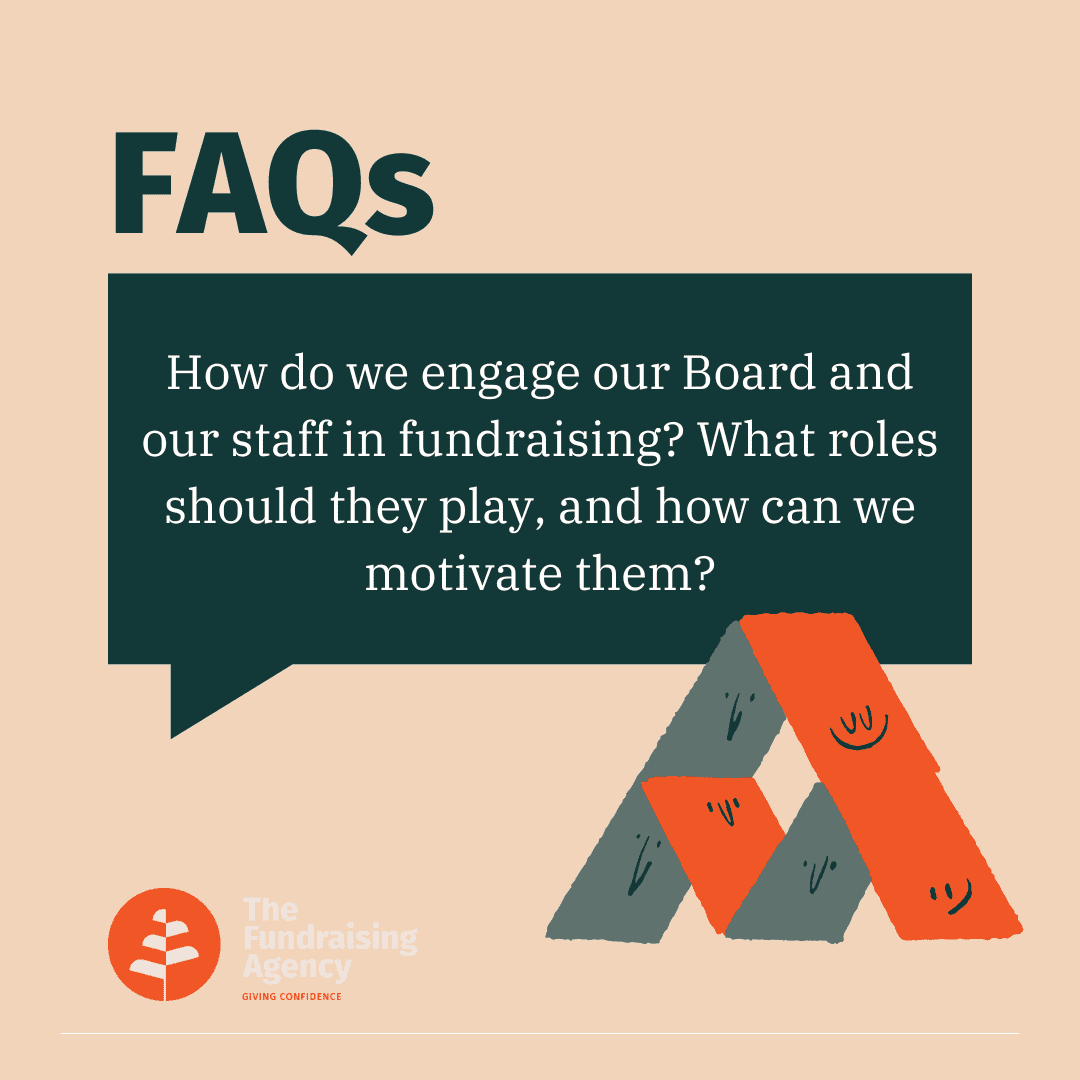
Engaging your Board and staff in fundraising is essential, and will be crucial to your success
We’ve put together a few simple steps to get started!
This can take time – so don’t be put off if you don’t see instant changes. Embedding a culture of fundraising is important, and requires a consistent and collective effort.
- Define clear roles and responsibilities
- Board Members: Typically, Board members should be involved in understanding how the overall organisational strategy intercepts with the fundraising strategy, so everyone is clear about the long term impact, when speaking with donors. The Board needs to understand the fundraising targets, and if appropriate, leverage their networks to deepen connections or make new introductions. It’s critical that the Board understand the risks associated with some of the fundraising activities, and are across the policies, and the approach.
- Staff Members: Staff members should support the implementation of fundraising strategies, manage (or contribute to) donor relationships, and advocate for and promote current activities and campaigns, where possible. Your organisation should also make sure that your fundraising staff have the capacity in their day to achieve all that you are asking of them – fundraising can be incredibly challenging, and administration-heavy – providing comprehensive training is a great first step.
- Foster fundraising culture!
- Communicate regularly! Keep fundraising at the forefront by providing regular updates, or holding regular discussions. Highlight your successes, and utilised combined brainpower to discuss strategies for overcoming challenges.
- Celebrate those successes – recognise your milestones, to keep morale high and encourage ongoing participation.
Hold regular sessions to give your team the necessary skills and fundraising knowledge. Make sure the Board, and everyone in the team, knows they can reach out for help, whether they need advice of resources.
“How can we improve our donor retention?”
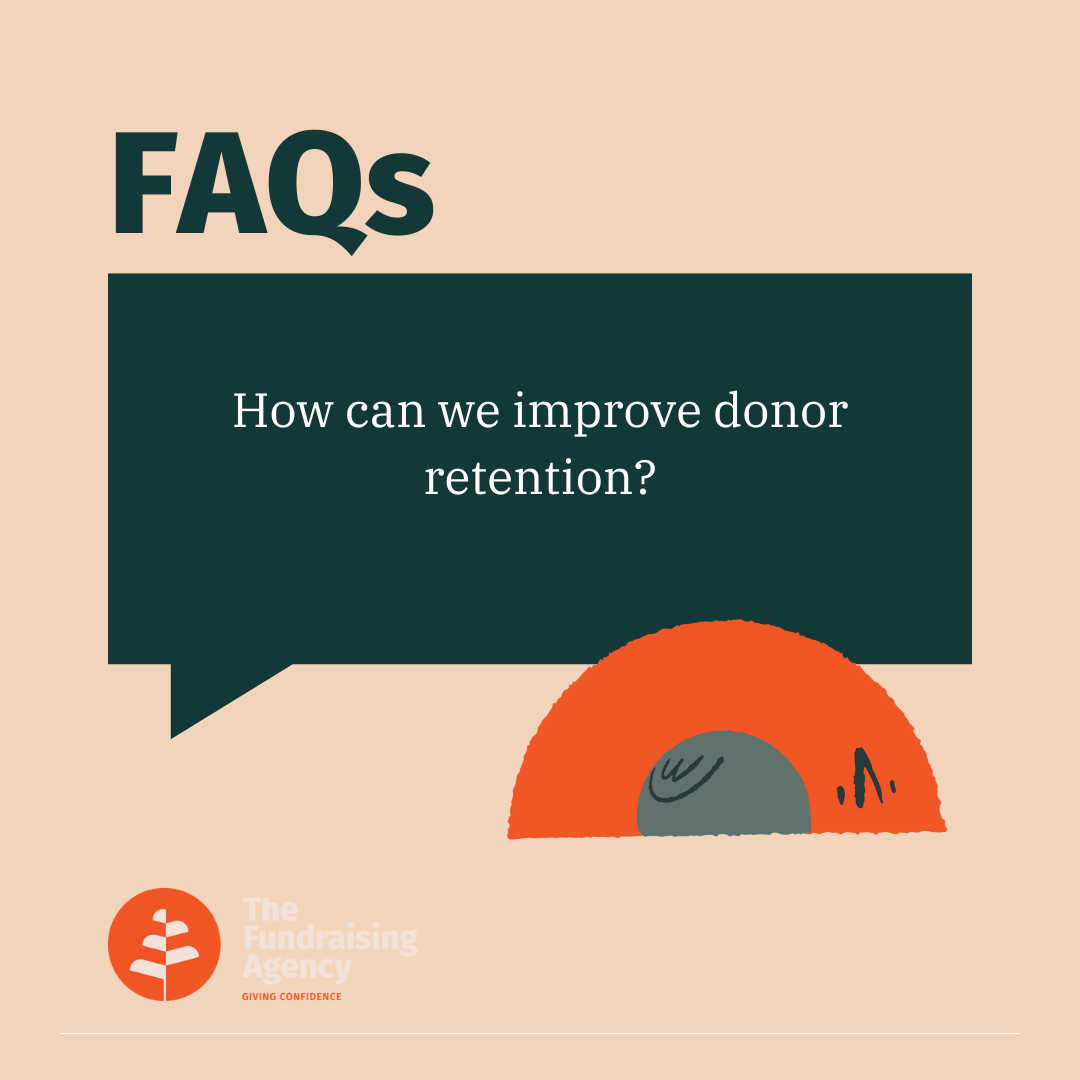
Retaining donors is essential for fundraising sustainability. The ROI to retain your supporters is far greater than constantly looking at acquisition (which is often suggested by third parties who want your business!). There are a number of other benefits for Kiwi charities, as we have a smaller population than other countries and a clear preference for relational fundraising.
Our donors want to know they are special, and that we know them, and if they suddenly stopped giving, that we would notice and take some kind of action!
The first thing you will need to do is to mine your data, and segment your donors, so you can track their behaviours and better understand the performance of your individual giving programmes, especially your regular giving programme. None of this will be possible without a good, usable database.
Once you understand the performance of your programmes and your current donors, it will be time to review and understand your lapsed donors, in greater detail. In many cases, these donors can be re-engaged, and can often prove to be some of your most loyal, and committed supporters.
A useful tool to better understand your donors is a supporter survey. If you’re thinking about redeveloping your fundraising strategy or approach, you could look into facilitating a focus group for higher-value regular donors, looking for feedback on your programmes.
This is also the time to review your regular giving programme in detail. A regular giving programme will ensure you can:
- Build strong relationships – personalised, tailored communications to your donors will strengthen their link to your organisation, and being given regular updates about your organisation’s progress, initiatives keep them informed and feeling “in the loop”. (We note that all communications must be tailored to your donors’ preferences!)
- Show your appreciation – ensure that you send timely thank you messages, phone calls, or letters after donations are received. Your programme can host an acknowledgement and recognition matrix, which will determine how donors are thanked, who is doing the thanking, and how donors will be recognized by your organisation.
- Demonstrate impact – in continuing to strengthen relationships, sharing the impact of donations will let donors know how their contributions have been used, and encourage them to donate again. Use varying media to bring the impactful stories to life.
Your regular giving programme can then be detailed on your website, clearly demonstrating to potential regular donors about what their support can do. A few great NZ examples are:
New Zealand Spinal Trust – Back Bone Crew
Christchurch City Mission – the Careforce Team
IHC – Smile Club
These are just a few elements of successful donor retention. Retention will ultimately stem from how exceptional the donor experience is, and how appreciated and listened-to they feel. By creating and implementing a clear programme or retention strategy, you can benefit both your organisation and those who want to support you!
“What is the role of storytelling in fundraising? How can we craft compelling narratives?”
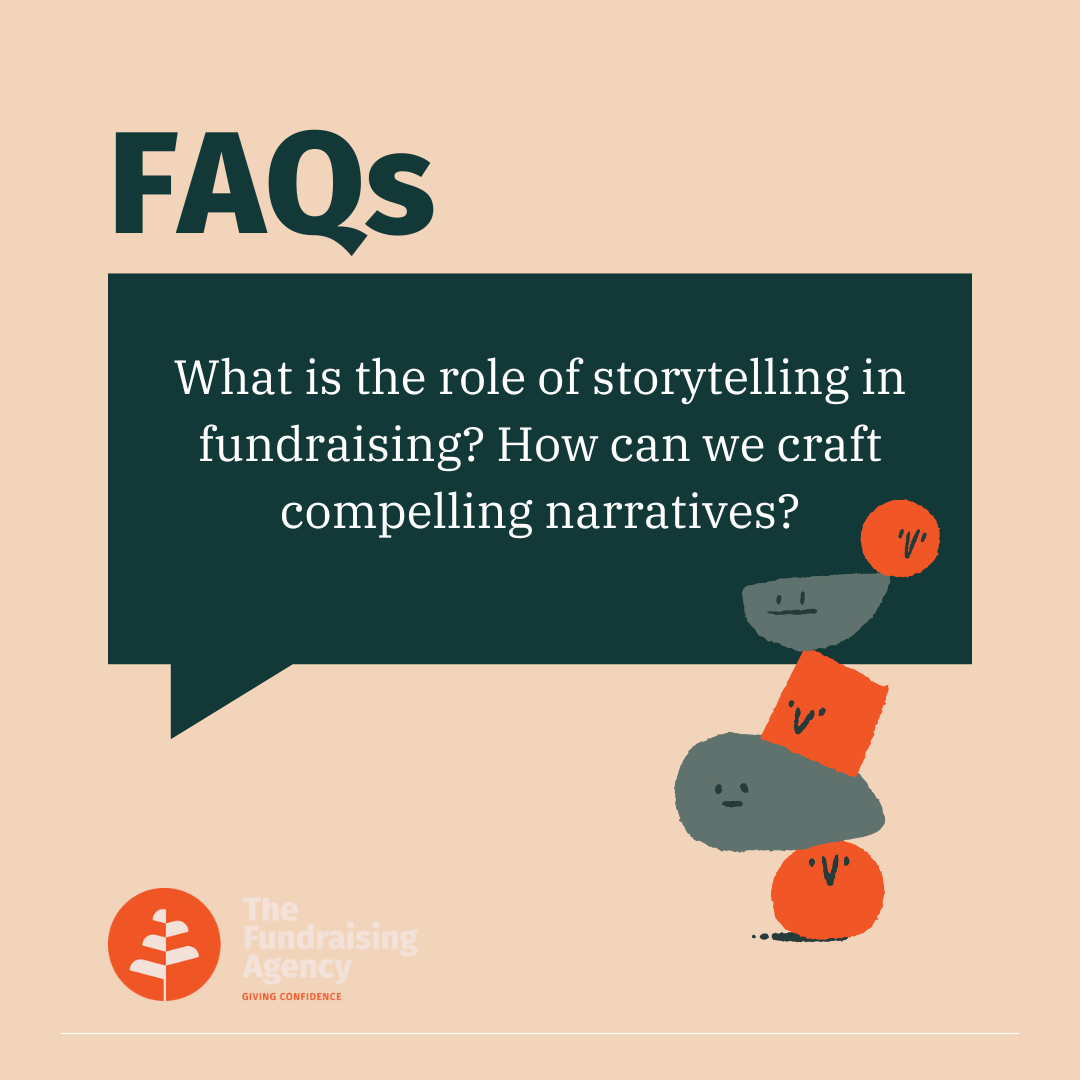
Storytelling is a powerful tool in fundraising, which is why establishing a strong communications plan and brand is so important. Your communications will allow you to connect with donors and potential donors on an emotional level, and illustrate the impact of support. Storytelling can be leveraged to craft compelling narratives and align people to your cause.
Emotional connections and building trust – Authentic and transparent stories build credibility, and donors are more likely to support organisations they perceive as genuine. Evoking emotions help donors relate personally to your cause, and the ability to make abstract concepts tangible (i.e. showing the impact of donations with a resulting story) can drive donors to stay involved.
Share triumphs and challenges – Talk about your obstacles, and show how the help of donors has allowed you to overcome them. This creates a narrative arc for the audience to engage with. Use testimonials, quotes, photos, and videos to enhance your stories.
Know your donors – tailor your stories to resonate with segments of your donor base. Consider their interests, values, and motivations. Let your authenticity shine – ensure your stories reflect the true experiences of those you serve, as this authenticity will foster deeper audience and donor connections.
Storytelling and well-planned communications are the key to connecting with donors, and illustrate the transformative power they can have within your organisation.
Critical to the success of these communications, however, will be ensuring that your vision, values, fundraising priorities, and donor-centric key messaging are perfected, and powerful. They are the base of all donor-facing fundraising you will do. We at TFA can assist with establishing an effective vision statement, and resulting donor communications, by facilitating a Vision & Fundraising Priorities Session, to help you stay on track to achieve your fundraising goals with clarity and confidence.
“What are the ethical considerations of fundraising?”
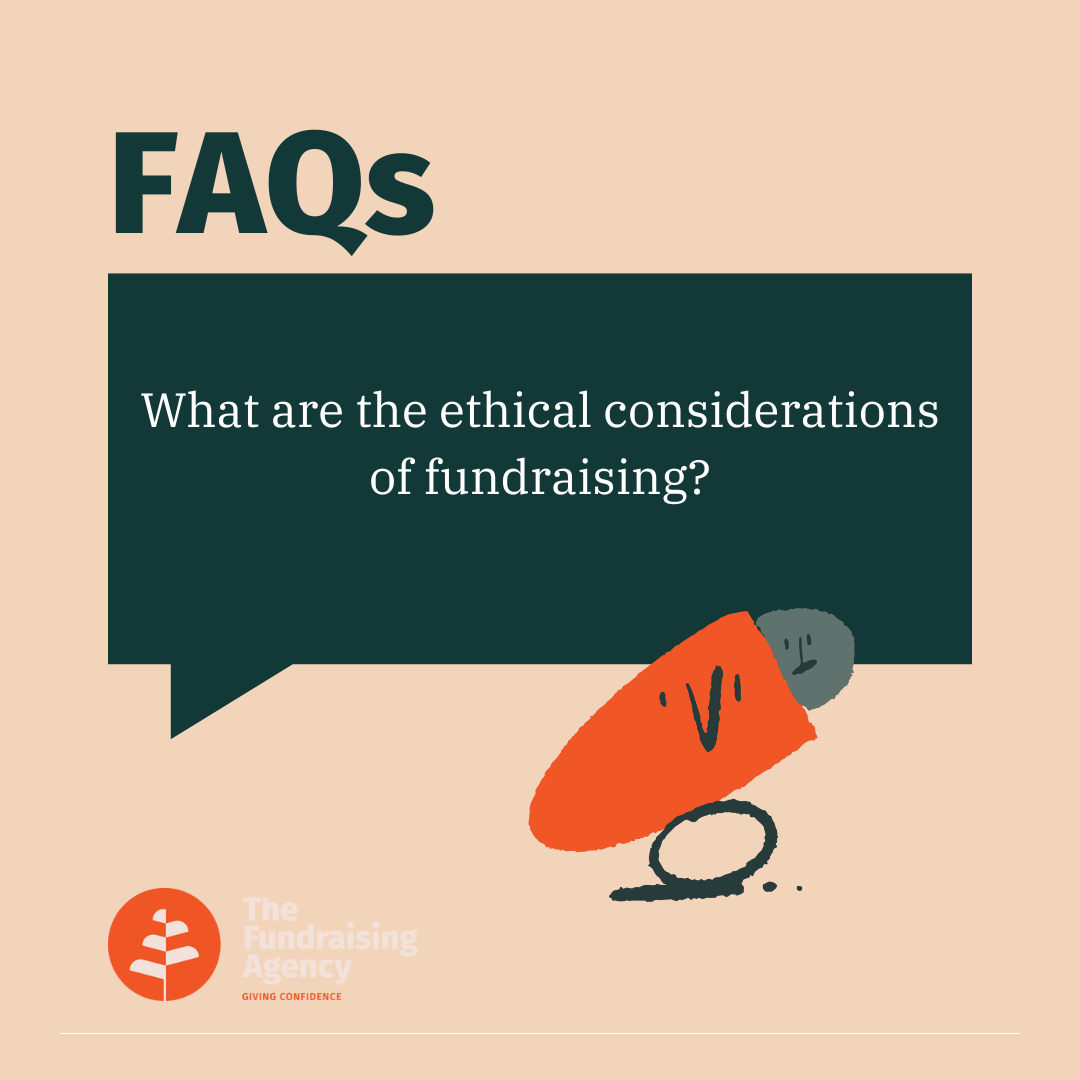
Ethical considerations are crucial in fundraising to maintain trust, transparency, and integrity. Establishing robust policies ensures that all giving aligns with your organisation’s values.
While maybe not perceived as the most exciting are of fundraising, the role of policies and procedures ensure many things for your organisation, including:
Comprehensive Coverage: Fundraising policies provide guidance on all aspects of the fundraising process, including donor engagement, data privacy, and ethical considerations like who or which organisation you will accept donations from, or how donations will be used (especially if the donor or bequest legator has specifically stated their wishes). These policies ensure consistency and transparency in all interactions with donors and stakeholders.
Transparency to stakeholders: Implementing policies ensure clear communication to all stakeholders. For donors or bequest pledgers, they ensure that all intentions will be honoured, by ensuring that the organisation allocates funds as promised, regardless of who holds roles in the fundraising office when the donation is realised.
Avoids conflicts of interest: Establishing who you will and won’t receive donations from creates ethical partnerships – avoid relationships with businesses or donors who values do not align with your mission, or could harm your reputation. For example, if your organisation supports the wellbeing of animals, it would be inappropriate to receive funds from a rodeo!
A good example of a reason to have policies is around large shift we are seeing is the change in the approach to receiving funds from gaming funders – across the world, more and more charities are having discussions around Board tables about these types of funders, and value alignment. We are also seeing discussion occur within certain sectors, such as sports and recreation, as they look to avoid receiving funding that comes from fast food and alcohol-based funders, in the aim to promote their health-based values. These decisions are often decided on at Board-level, and worked into a Gift Agreement Policy, or an internal Trusts and Foundations funding plan. By establishing these policies early, you can ensure that all donation-receiving aligns with your organization’s values, building and maintaining trust with your donors for long-term support and success.
If you need guidance on developing and implementing these policies or are looking to reestablish the best funding sources to better align with your values, contact us today. We’re here to help you navigate the complexities of ethical fundraising and achieve your mission with integrity. Let’s work together to uphold fundraising standards, and help you realise your fundraising potential
If you need guidance on developing and implementing these policies or are looking to reestablish the best funding sources to better align with your values, contact us today. We’re here to help you navigate the complexities of ethical fundraising and achieve your mission with integrity. Let’s work together to uphold fundraising standards, and help you realise your fundraising potential
“Why is fundraising so hard?”
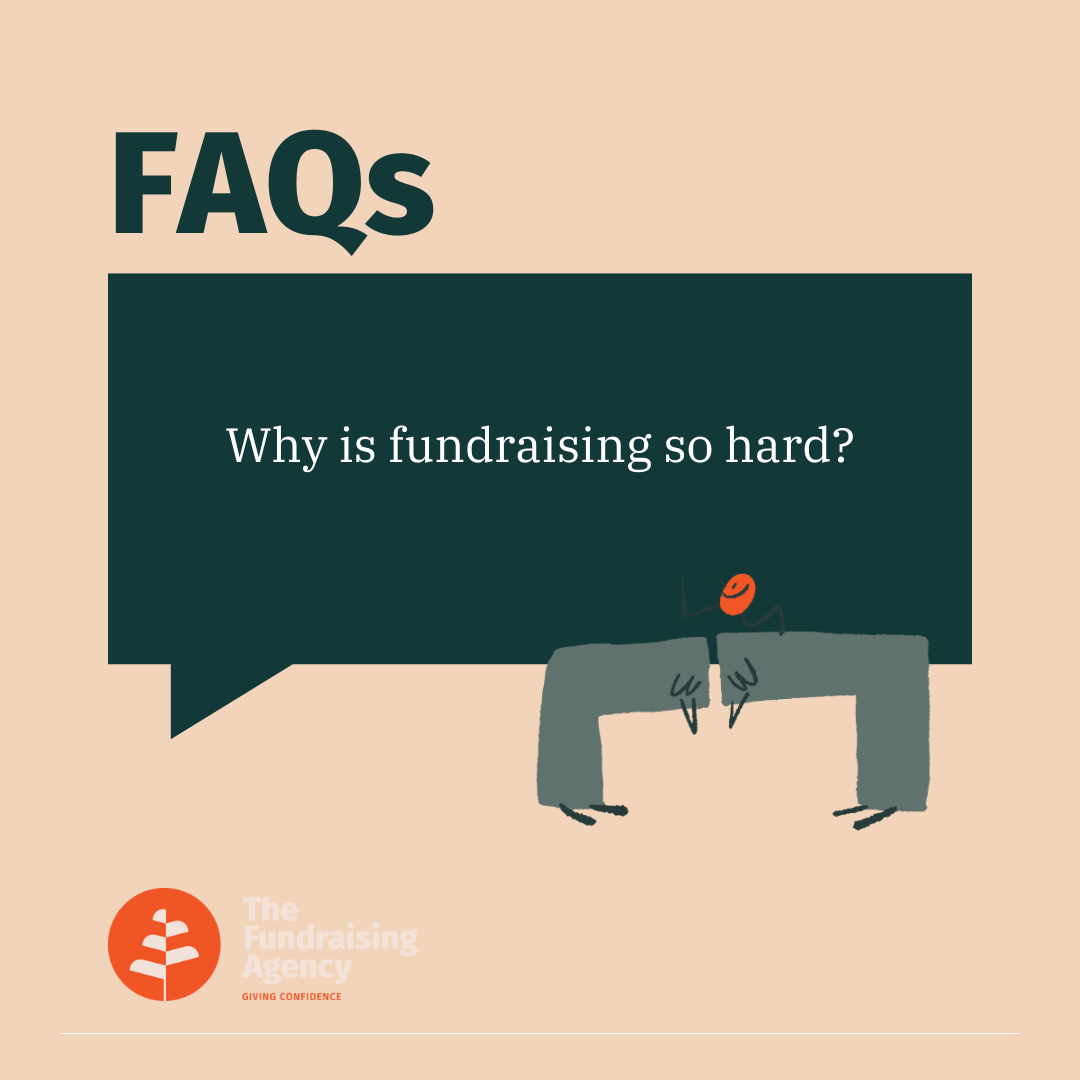
We’re the first to admit we know that fundraising CAN be hard – but, the good news is, it doesn’t need to be! There are several things you can do within your organisation to soften the experience of fundraising, without missing out on the money.
The first is to stop asking. You heard correctly – hold fire!
Fundraising is 95% planning, and 5% asking – it’s an ongoing process, and the thorough set-up of your fundraising programme is absolutely vital to ensuring you can be successful down the track.
Our experience, from working with over 150 charities, has shown that there is a lot of pressure on fundraisers to ask for donations constantly. The issue is that this is often done reactively, to the wrong person, and at the wrong time, resulting in a negative experience that’s not nice for either the asker or receiver.
Fundraising is an organisation wide activity, and not something that should be left solely to one or two people. Embedding fundraising throughout your organisation is essential and will benefit everyone. Having a well understood fundraising strategy will significantly ease the process of fundraising, if time and consideration is taken to implement the strategy. A fundraising strategy will be your roadmap, addressing possible roadblocks, and providing guidance and recommendations to overcome challenges before they happen.
Check out our post on The Power of Planning: Why Every Not-for-Profit Needs a Fundraising Strategy, to see how your organisation could benefit from a three-year fundraising strategy.

